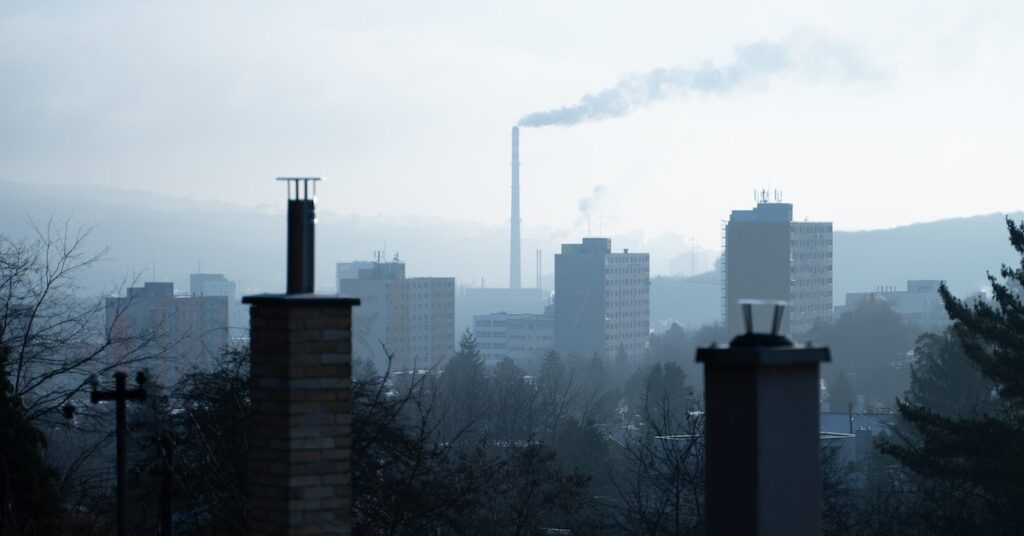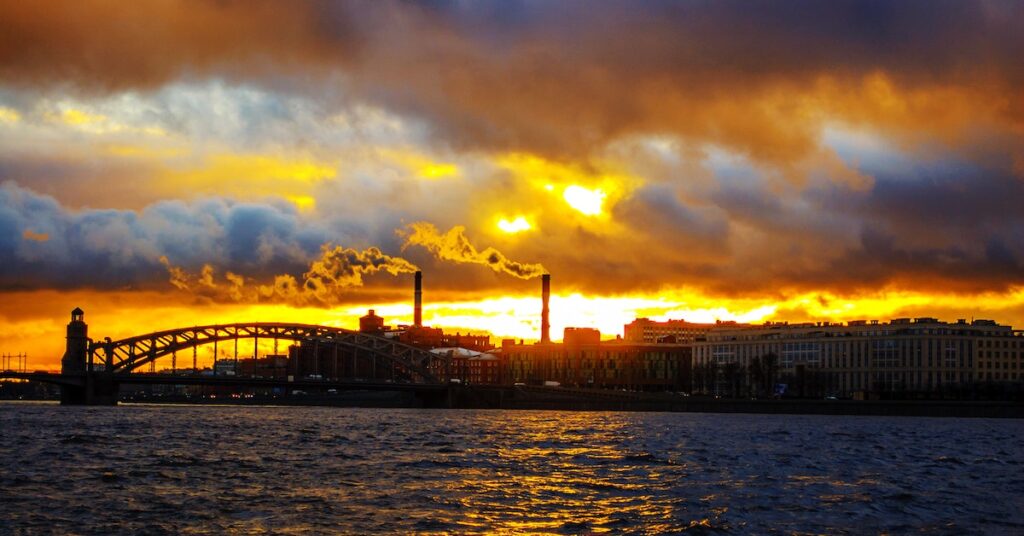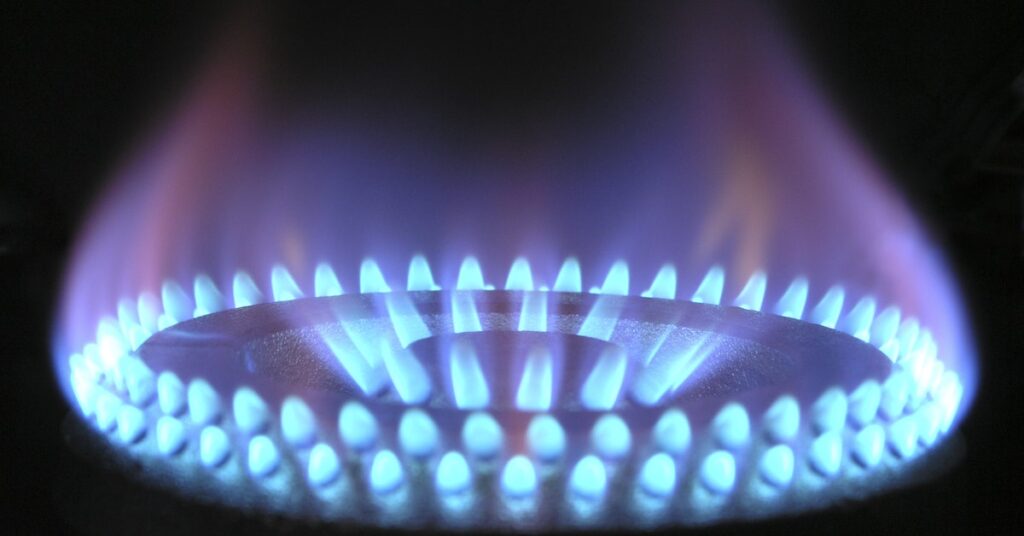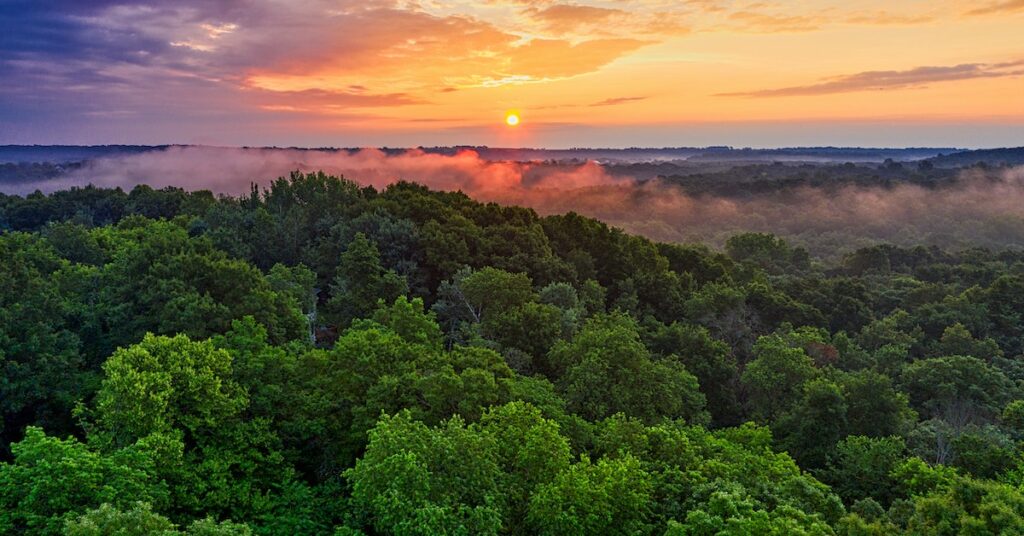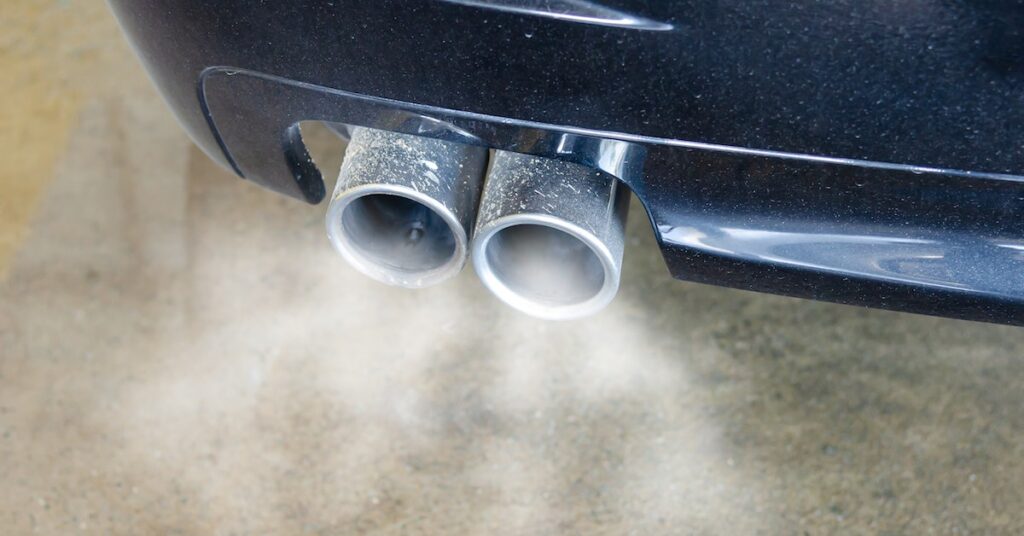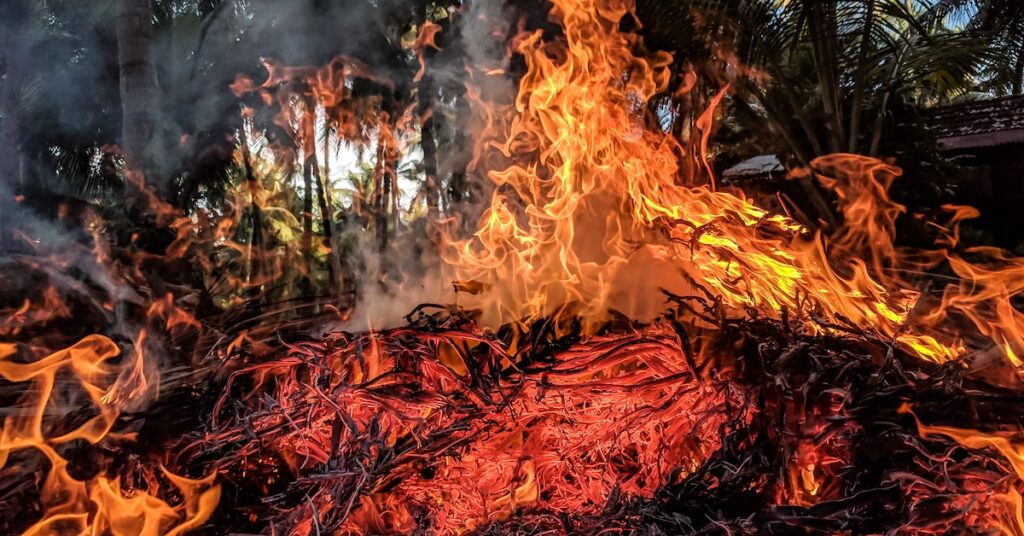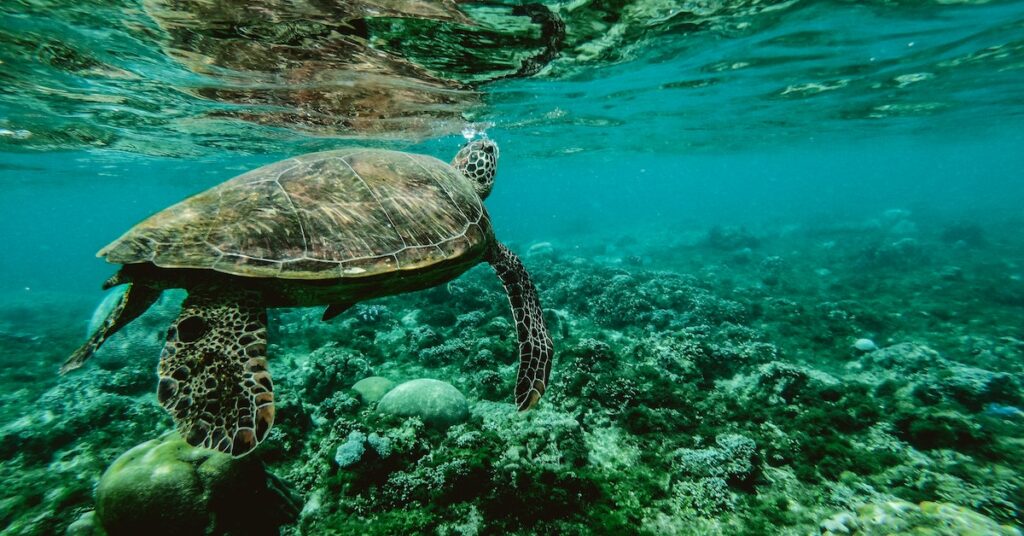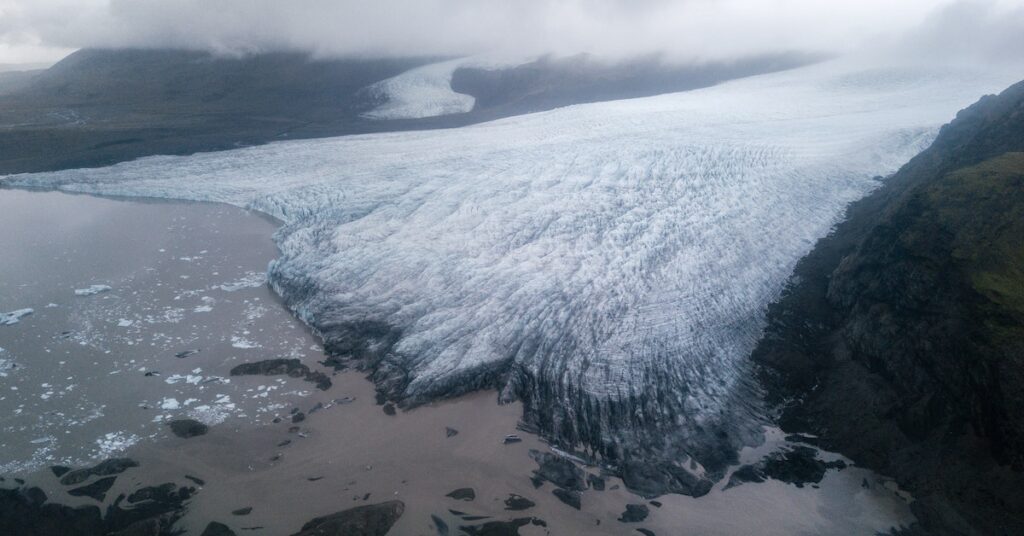The health effects of air pollution are very real and are affecting four out of ten U.S. residents, according to a recent report from the American Lung Association. The report, published annually, first showed that four out of ten U.S. counties had unhealthy air quality in 2000. Since then, the Clean Air Act has helped […]
Tag Archives: ecosystem
If you’re concerned about pollution, you might be wondering what animals are affected by it. Here are some examples: birds, plants, and insects. These creatures spend a great deal of time outdoors and have higher breathing rates than people do. Over time, exposure to pollution can reduce a bird’s egg production, lead to inflammation, and […]
The two-legged stance confers certain advantages in keeping cool. Humans’ upright posture exposes most of their bodies to the full sun compared to four-legged animals, who have the entire back exposed to the hot sun. Upright postures also expose more body area to cool air currents, which reduces the rate of heat gain from the […]
How do ocean temperatures affect the climate of coastal cities? Ocean temperature affects a coastal city’s climate in two main ways: warming and cooling. Warm ocean currents warm the air above the ocean and carry it to land, increasing coastal temperatures. Conversely, cold ocean currents carry cooler air to land, lowering coastal temperatures. These two […]
Carbon-based fuels are the primary source of pollution in our environment. They are nonrenewable because they are made of fossilized wood and cannot be processed biologically. The only way to replenish these fuels is to dig through the layers of sediment and extract the organic material that was trapped in them. Fossil fuels can only […]
The abundance of terrestrial and aquatic plants depends on several factors. Human actions influence some of these variables. For example, plants may be limited by soil moisture regime, pathogens, herbivores, disturbances, dispersal abilities, or climate. In addition, human actions influence the availability of nutrients and other resources. Other factors may limit plant growth, such as […]
The federal government requires diesel emissions to meet certain air quality standards, known as NAAQS, set in the 1970 Clean Air Act. If your area is not an “attainment area,” the concentration of pollutants in the air must be below these limits. In order to meet these standards, you’ll need to create a state implementation […]
The main reason for scientists to disagree on the effects of global warming is fundamental scientific uncertainty. The United Nations’ Intergovernmental Panel on Climate Change (IPCC) has failed to provide objective guidance on this complex science. Moreover, the conflict between scientists results from various factors, including bias within scientific communities and the failure to address […]
How does climate change affect the earth’s oceans? The oceans act like massive conveyor belts, pushing surface water from the equator to the poles. Surface water cools, sinks, and becomes denser. Winds push this denser water back to the surface, making it warmer and less dense. As ocean currents change, they become prone to climate […]
What is the impact of climate change on arctic habitat loss? Many things are changing rapidly, including sea level rise, warming seas, and a change in the phenology of plants. These changes are causing new combinations of species to appear in the region. Here are some of the most immediate threats to arctic ecosystems. Read […]


